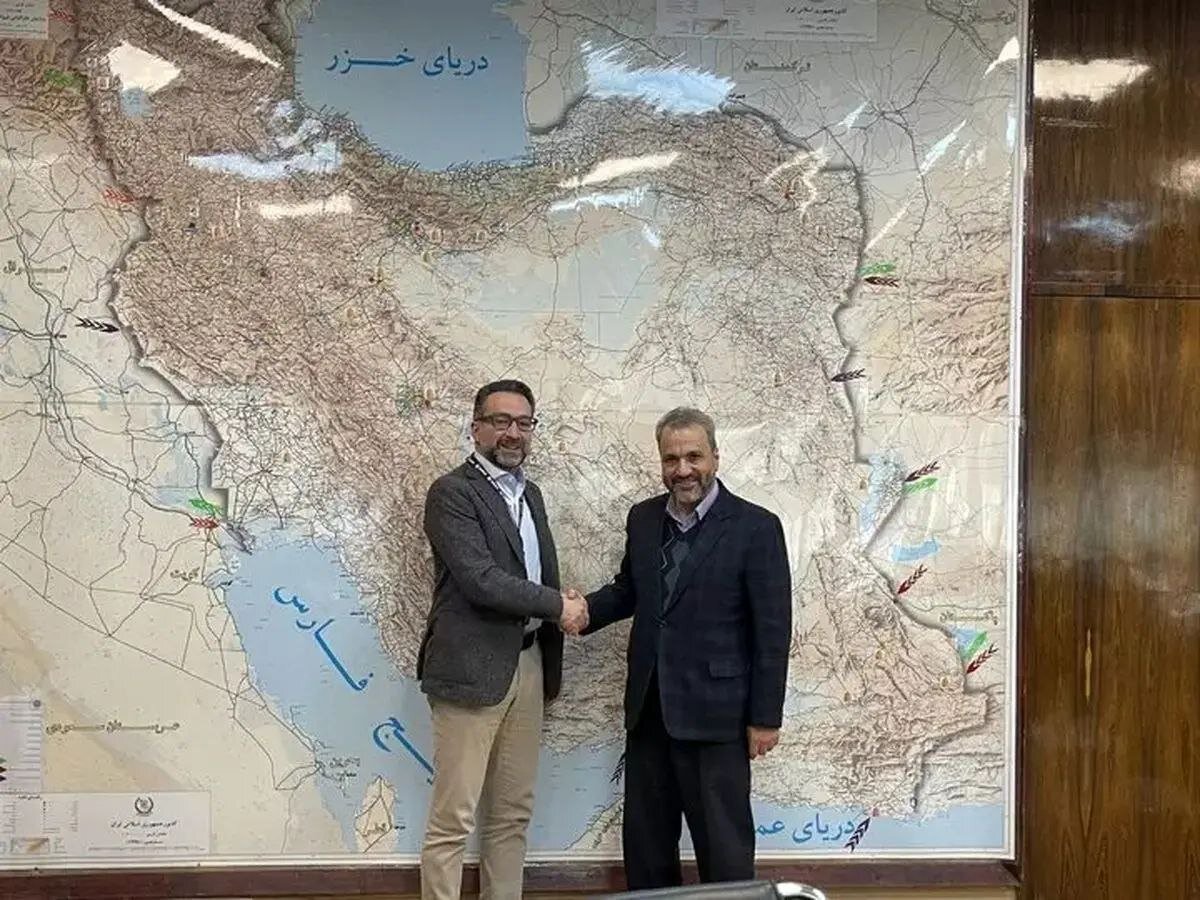Iran’s migration organization, Italy’s CESVI discuss ways to expand cooperation

TEHRAN –Nader Yar-Ahmadi, the head of the National Organization for Migration, and Marcelo García Dalla Costa, an official with the Italian humanitarian organization, CESVI, have explored the potential for enhancing cooperation.
The meeting, held on February 16, aimed to confer on different aspects to define and implement joint projects, based on a humanitarian approach to support Iran as a refugee-hosting country, ILNA reported.
During the meeting, Dalla Costa commended Iran’s efforts in hosting refugees, saying that he was well aware of the heavy burden of hosting refugees and insufficient international aid to the country.
He elaborated on plans that focus on the implementation of various projects in the agricultural sector to produce food, generate income, and provide livelihood assistance to foreign nationals in Iran and Afghans in their home country.
Also, Dalla Costa mentioned his meeting with the Italian ambassador in Iran, saying that Italy has agreed to provide funds to the CESVI foundation to support refugees, foreign nationals, and immigrants residing in Iran.
For his part, Yar-Ahmadi expounded on the activities of the National Organization for Migration, and other partner institutions in hosting Afghan refugees, displaced people, and immigrants, highlighting shortcomings and difficulties.
Referring to the heavy burden of hosting Afghan refugees, their peaceful living in the country, and benefiting from citizenship services the same as Iranians, the official expressed optimism about implementing joint projects based on the humanitarian approach to help hosting countries.
Moreover, Yar-Ahmadi welcomed the idea of cooperating in the agricultural sector saying that “we will do our best to support the plan by establishing a specialized team of experts in the field of agriculture.”
Iran may rethink refugee policies
In October 2024, Yar-Ahmadi said, “In case the international community refrains from taking responsibility and fairly sharing the burden of hosting refugees, the Islamic Republic of Iran will probably revise its immigration policies.”
The official made the remarks in a meeting held on the sidelines of the annual session with Flippo Grandi, the UN High Commissioner for Refugees.
The 75th Annual Session of the Executive Committee of the United Nations High Commissioner for Refugees (ExCom) was held from October 14 to 19 in Geneva, Switzerland.
Lauding the support and the efforts of the UNHCR in Iran, the Iranian official said the increase in foreign nationals’ population along with educational, economic, cultural-social, and health infrastructure pressure on one hand and the lack of consistency between the UNHCR budget and the needs and costs of refugees in the country on the other hand have caused numerous problems, IRNA quoted Yar-Ahmadi as saying.
The official emphasized less than one percent of the costs of refugees have been paid for; hosting more refugees is improbable, and they have to return to their home country.
“The priority of the country is to resettle vulnerable refugees in third countries, despite promises made in your last visit to Iran in the calendar year 1400 (2021 – 2022) to provide more vulnerable refugees with insurance, sadly, not only did the number of those covered not increase, but also decreased from 120,000 to 95,000 individuals.
It should be noted that political issues, including sanctions, must not affect humanitarian activities. Since humanitarian issues are apart from political issues, the Islamic Republic of Iran is ready to cooperate with financial supporters of refugees in the country, the official added.
Considering the challenges facing the education system due to the free education of Afghan nationals in the country, it is necessary for the UNHCR to cover the expenses related to their education, including building new schools, refurbishing and equipping schools, and paying teacher recruitment costs.
Some 25,000 classrooms are needed for the education of foreign students, but since 2021, only 21 schools have been built with the support of the UNHCR in the country which does not meet the needs.
MT/MG
Leave a Comment